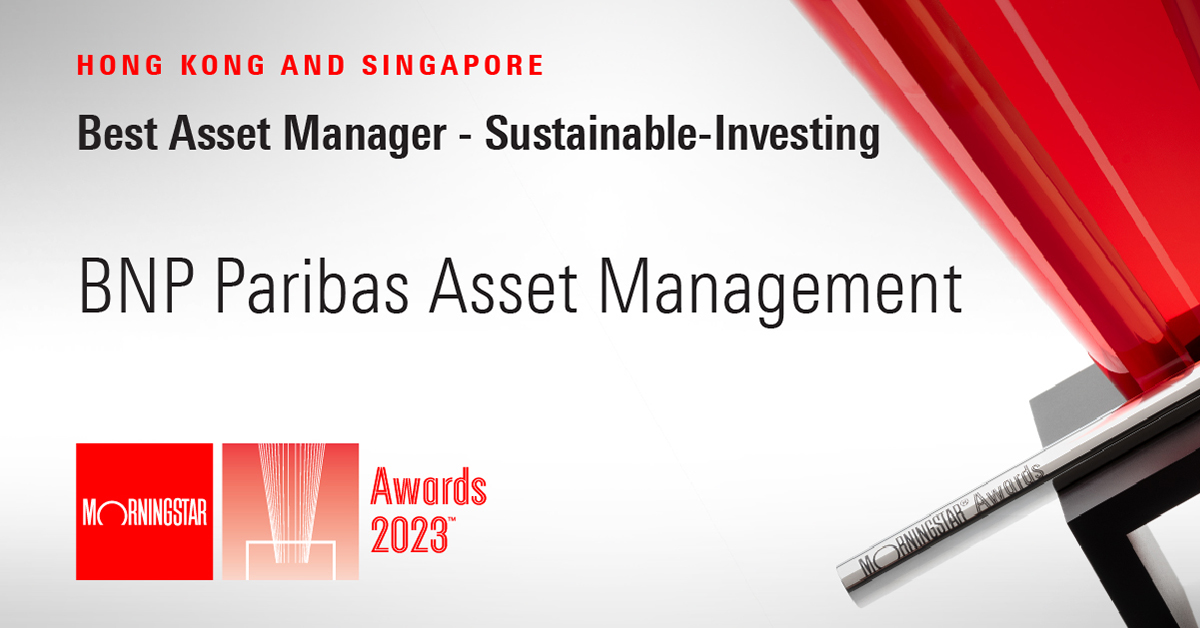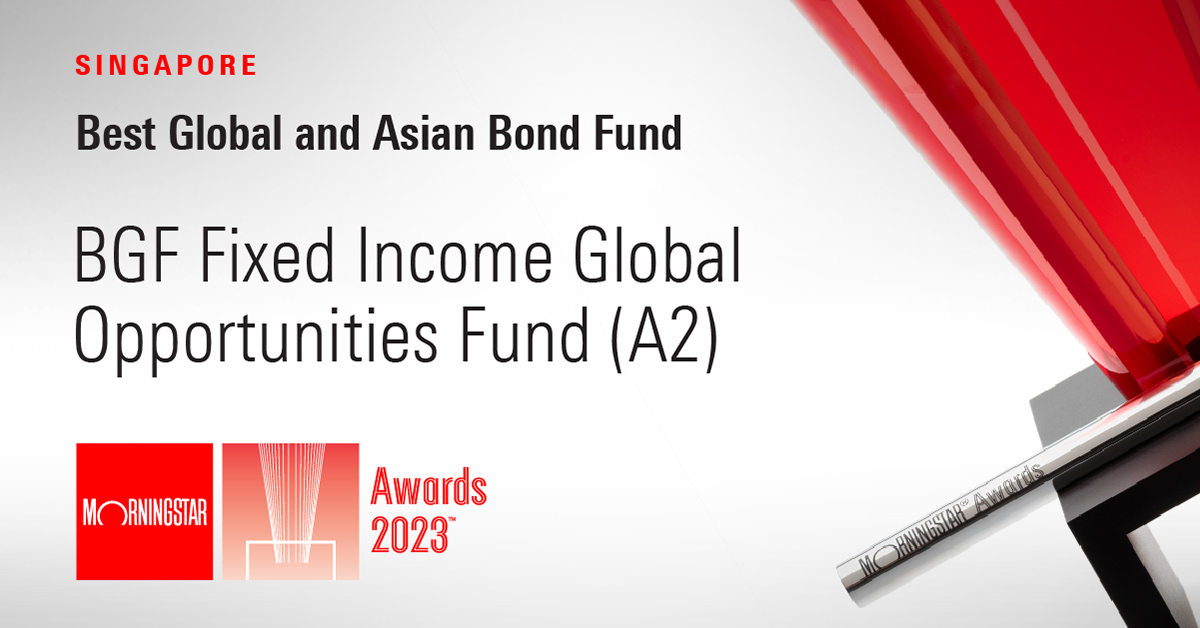
Morningstar: Why is sustainable investing so important in your organization?
Jacquelin Huang: In a fast-changing world, our focus is on achieving long-term, responsible investment returns for our clients. We recognize that sustainability risks are looming large and that we, as investors, have the opportunity, and obligation, to take action to help achieve the objectives of the Paris Agreement and the Sustainable Development Goals. BNP Paribas Asset Management has 20 years of experience in sustainability-related investing, launching our first socially responsible investment fund in 2002. We joined many key investor initiatives since their inception (such as the PRI as a founding signatory in 2006) and are now part of more than 40 initiatives on sustainability.
At its heart, environmental, social, and governance is about protecting investors from reputational, operational, and financial risks associated with controversial companies or countries, and it provides a wealth of new investment opportunities to actively support a more responsible economy.
This is why BNPP AM firmly believes that when selecting companies to invest in on behalf of our clients, our fiduciary duty includes ESG risk management.
BNPP AM is also committed to being “active owners” of our clients’ investments through our stewardship activities. We generally believe in engagement over exclusion. As long-term investors, we believe that we should use stewardship (which encompasses proxy voting, company engagement, and policy advocacy) to influence companies and the world for the better.
Morningstar: What edge do you think you have built over your competitors in terms of ESG integration?
Huang: ESG is integrated into investment strategies with the help of our transparent ESG Integration Guidelines set up in 2019. These cover all relevant steps of the investment process. Since 2020, portfolios are designed to have a higher weighted average ESG score and a lower carbon footprint than their benchmarks. Our early adoption of ESG integration across asset classes puts us in a good position to implement sustainable finance regulations as we can rely on already existing processes, governance, and data systems. Since 2018, BNPP AM has also expanded the coverage of our proprietary ESG research from 4,000 issuers to over 13,000. Our proprietary ESG scores focus on the most material and insightful ESG metrics, including double materiality, a variety of data sources, and third-party vendors.
Our capabilities in ESG are also recognized and validated by several industry reports. Share Action’s 2023 Point of No Returns: We ranked second among the world’s 77 largest asset managers across responsible investment themes (achieving the highest combined score across the three thematic sections: social issues, biodiversity, and climate).
For the PRI Assessment 2021, we also achieved a top 4- or 5-star rating for 10 out of 11 modules, including Investment & Stewardship, where we had a score of 95% (compared to a median score of 65%).
Morningstar: What is your advice to investors who are looking to invest in sustainable funds?
Huang: In the context of sustainable funds, greenwashing is a growing concern. Additionally, we observe increased scrutiny from regulators and increased complexity surrounding ESG integration and product classification methods, concerns about transparency, and more.
At BNPP AM, our approach to sustainable investments references the EU Taxonomy, the SDGs, sustainable bonds, implied temperature rise, and our proprietary ESG Score. Our ESG Integration guidelines also state we will typically avoid investing in a public entity without ESG analysis, with a process for qualitative ESG analysis available to investors.
In line with our practice, we believe that identifying and assessing areas of risk and opportunity for all investments are critical.









.png)











